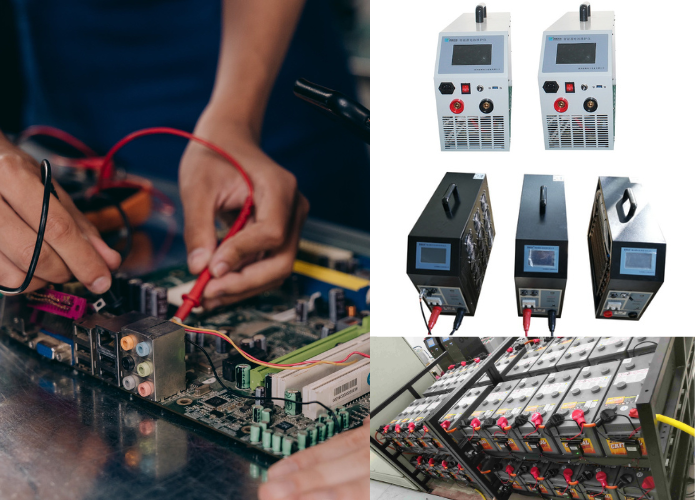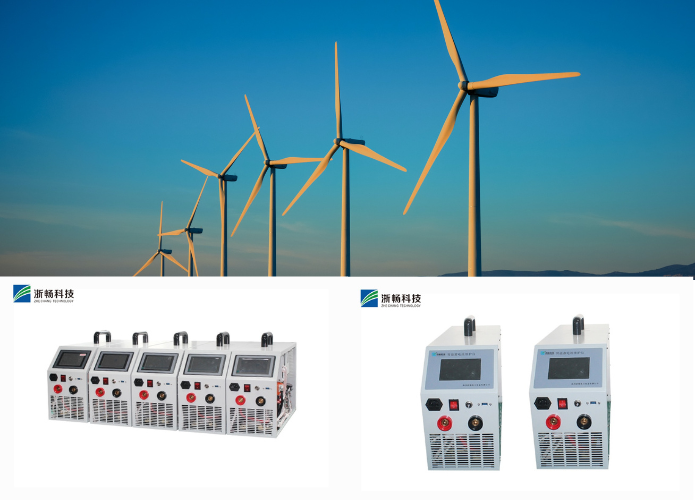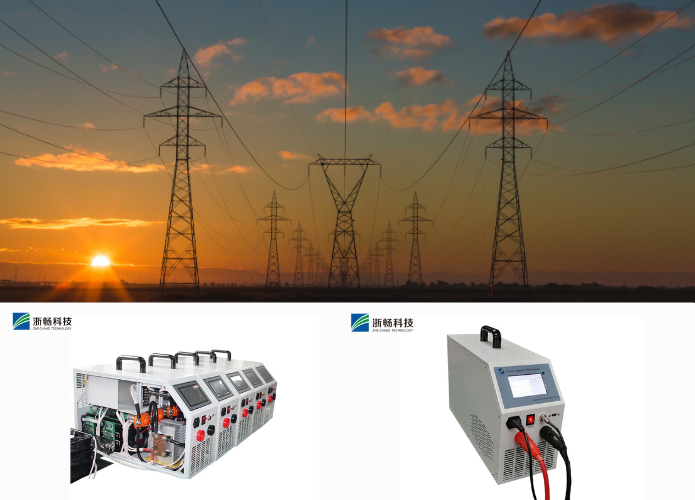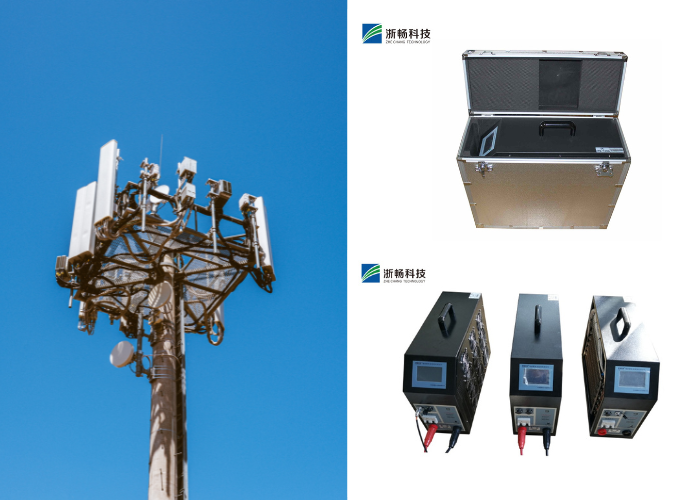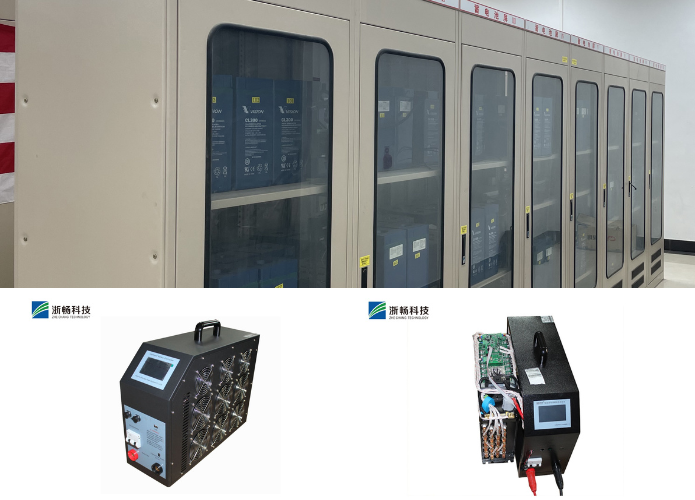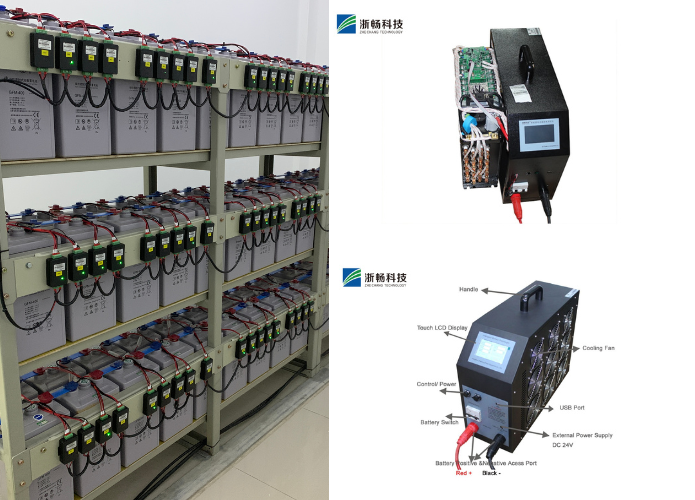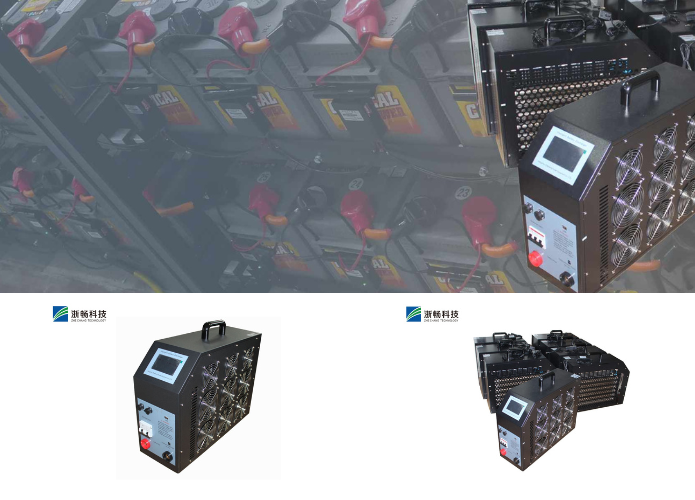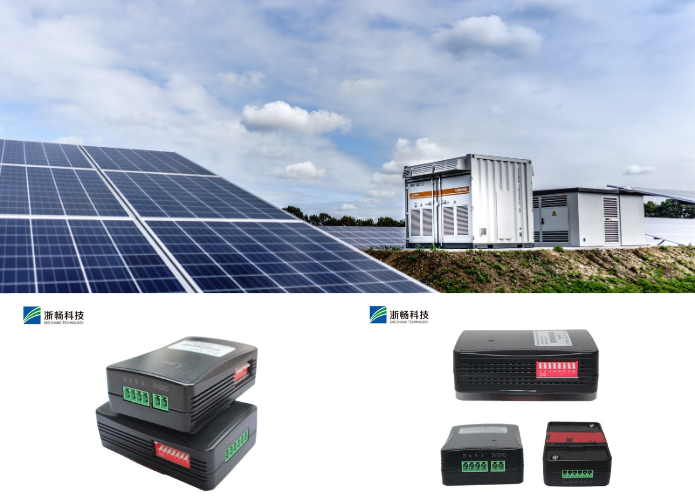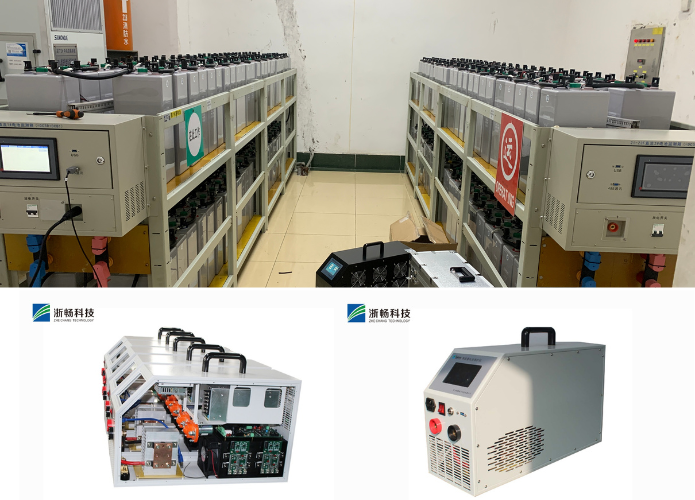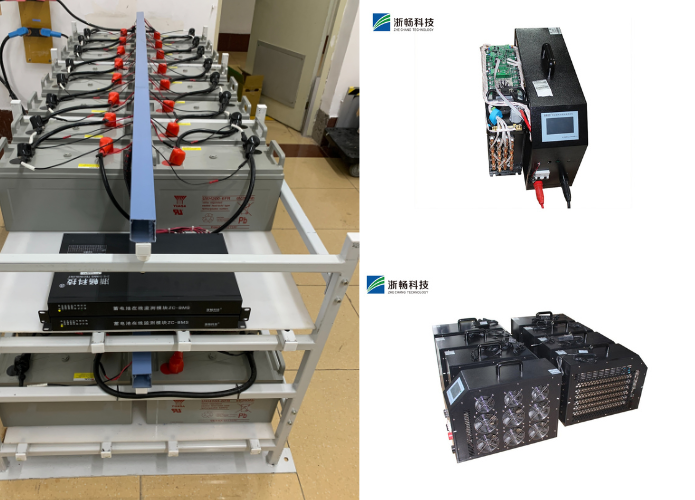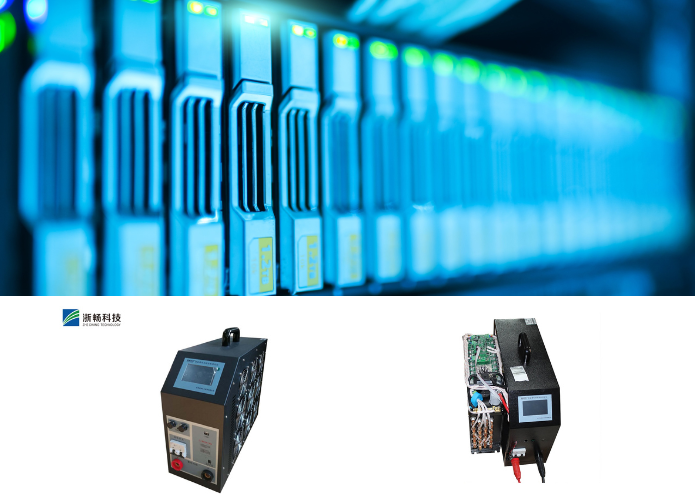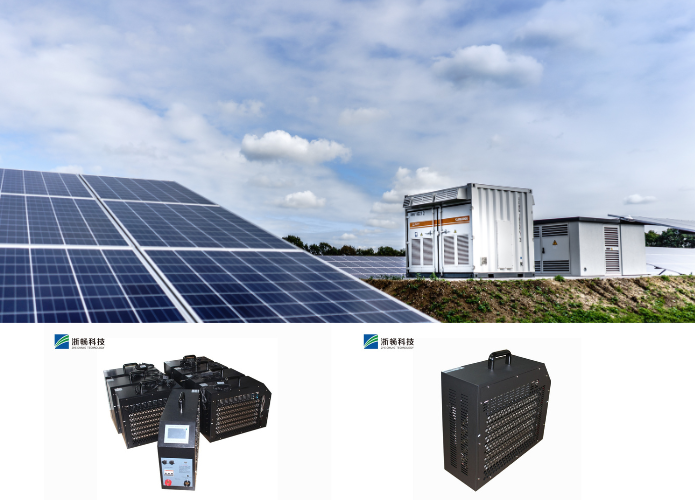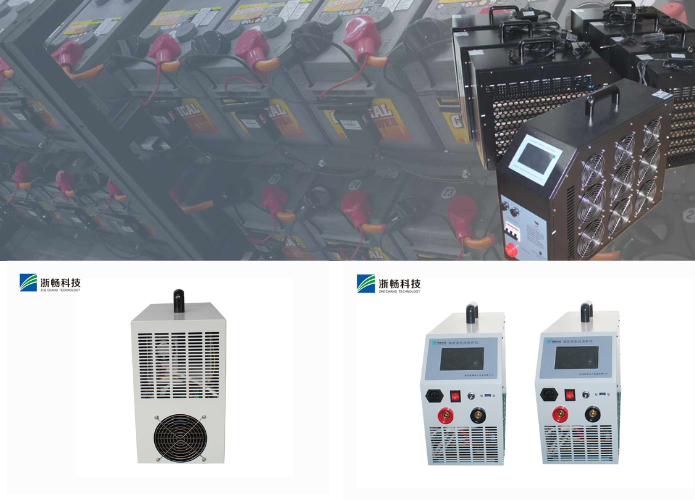What to Look for When Selecting Battery Management System Manufacturers
The rise of electric vehicles (EVs), renewable energy storage, and portable electronics has significantly increased the demand for advanced energy storage solutions. At the heart of these technologies lies the Battery Management System (BMS), an essential component responsible for optimizing the performance, safety, and longevity of batteries. Whether you're developing electric vehicles, energy storage systems, or consumer electronics, selecting the right Battery Management System manufacturers can be a make-or-break decision.
In this guide, we'll explore the crucial factors to consider when selecting battery management system manufacturers, from technological features to battery management system cost considerations, reliability, and industry reputation. With proper guidance, you can make an informed decision that ensures the best performance, safety, and value for your battery-powered applications.
What is a Battery Management System (BMS)?
A Battery Management System (BMS) is a vital component in modern battery-powered devices and systems. It is responsible for monitoring and managing various parameters of a battery pack, ensuring its safe operation, enhancing its lifespan, and maximizing its performance. The BMS plays a crucial role in a wide range of applications, including electric vehicles (EVs), stationary energy storage systems, portable electronics, and more.
Key Functions of a BMS
- Cell Monitoring: Every battery pack is made up of individual cells, each with its own voltage and temperature. The BMS constantly monitors these cells to ensure they stay within safe limits, preventing any cell from overcharging or undercharging, which could lead to damage or dangerous situations like thermal runaway.
- State of Charge (SOC) Calculation: The BMS estimates the available charge in the battery pack, giving accurate readings of how much energy is left. This helps users understand when recharging is necessary, avoiding unexpected shutdowns or performance degradation.
- State of Health (SOH) Monitoring: A BMS continually assesses the overall health of the battery pack, including detecting aging, wear, or any faults in the individual cells. This monitoring helps predict potential failures before they occur, increasing safety and reliability.
- Thermal Management: Batteries generate heat during charging and discharging. The BMS regulates temperature to prevent overheating, ensuring that the system runs efficiently and avoids damage to both the battery and surrounding components.
- Balancing: Battery packs often consist of multiple cells that may discharge at different rates. The BMS ensures that all cells discharge and charge evenly through a process known as balancing, which helps extend the overall life of the battery pack.
Given its crucial role, choosing the right BMS is paramount for ensuring optimal performance and safety. In the next sections, we will dive deeper into the key factors you should consider when selecting a Battery Management System manufacturer.

Factors to Consider When Selecting Battery Management System Manufacturers
When selecting a battery management system manufacturer, you must evaluate various aspects to ensure the system aligns with your specific needs, whether for electric vehicles, solar power storage, or consumer electronics. Here are the primary factors to consider:
a. Technology and Innovation
Technology is at the core of any battery management system. The BMS market is rapidly evolving, with new advancements aimed at increasing battery life, improving accuracy, and ensuring safer operations. A manufacturer that keeps pace with technological trends can provide a system that ensures reliability, scalability, and cutting-edge performance.
Key technological features to look for in a BMS include:
- Advanced Communication Protocols: The BMS should be capable of seamlessly integrating with other systems, such as vehicle control units in electric cars or renewable energy management systems. Popular communication protocols include CAN bus (Controller Area Network), Modbus, and Bluetooth for wireless monitoring. These protocols allow real-time data sharing and remote monitoring, enabling more control and diagnostics.
- High-Precision Monitoring: The accuracy of voltage, temperature, and current readings is essential for ensuring that the battery operates within safe limits. Advanced BMS systems offer high-precision sensors to provide reliable, real-time data, allowing for efficient operation and timely intervention in case of anomalies.
- Cell Balancing: As battery packs contain many cells, balancing them is crucial for ensuring that all cells charge and discharge evenly. Without proper balancing, some cells may become overcharged or discharged, leading to battery inefficiencies, reduced lifespan, or even dangerous outcomes. Look for a BMS that incorporates advanced cell balancing technology, which ensures that the battery pack performs optimally throughout its life.
Choosing a Battery Management System manufacturer with a strong commitment to innovation will ensure that your battery systems are equipped with the latest advancements, helping to improve performance and extend battery life.
b. Customization and Scalability
Every application has unique requirements, so flexibility in design is essential when selecting a BMS. Customization and scalability are vital for companies developing large-scale systems, such as EVs or grid storage solutions, or even smaller consumer electronics.
- Customization: Some battery management system manufacturers offer tailored solutions for specific applications. Whether you need a BMS for an EV with complex power demands or for a residential solar battery storage system, look for battery management system manufacturers who can customize the BMS to meet your unique specifications. This can include adjusting the voltage range, adding specific safety features, or integrating specialized communication protocols.
- Scalability: As your system grows or evolves, your BMS should be able to scale without compromising performance. For example, electric vehicles with larger battery packs require a scalable BMS capable of managing more cells. Additionally, large-scale energy storage systems may need multiple BMS units, each controlling different segments of a battery bank. A manufacturer that offers scalable solutions ensures that the BMS can grow with your application.
c. Battery Management System Cost
The battery management system cost is one of the most significant factors when selecting a BMS manufacturer. While it’s tempting to opt for the least expensive solution, it’s important to balance battery management system cost with performance, safety, and long-term benefits.
Several factors influence the cost of a BMS, including:
- Technology Complexity: A BMS with advanced features, such as real-time monitoring, higher precision sensors, or sophisticated communication capabilities, will naturally cost more. While these features add to the price, they can also increase the reliability and safety of your battery system, potentially saving you money in the long run.
- Customization Needs: Custom-designed solutions typically come with a higher upfront cost. However, the long-term benefits of tailored solutions—such as improved battery efficiency and extended lifespan—may justify the additional expense.
- Volume: If you’re purchasing a large number of BMS units, many battery management system manufacturers offer discounts for bulk orders. Make sure to inquire about pricing tiers based on order volume to reduce per-unit costs.
While the battery management system cost will vary depending on features, quantity, and customization, it’s crucial to evaluate the overall value that a more expensive BMS may bring. Cutting corners on your BMS might result in safety risks, higher maintenance costs, and reduced battery performance, which could ultimately lead to greater financial losses.
d. Reliability and Quality Assurance
Reliability is a key factor in selecting a BMS manufacturer. Battery systems are used in high-risk environments where failure is not an option. The BMS is responsible for preventing dangerous situations, such as overheating, overcharging, or deep discharging, which can lead to catastrophic consequences like fires or explosions.
Key considerations include:
- Quality Control Processes: Look for manufacturers with strict quality control standards. Certifications such as ISO 9001 and ISO 14001 can provide assurance that the manufacturer adheres to high standards in both product quality and environmental management. Ensure that the manufacturer has a well-established process for rigorous testing and inspection to minimize defects.
- Testing and Certifications: A reliable manufacturer will subject their BMS products to comprehensive testing procedures, including temperature tolerance, voltage testing, and stress tests to simulate real-world conditions. Additionally, look for certifications like UL (Underwriters Laboratories) for safety and compliance with industry standards.
- Customer Reviews and References: A good indicator of reliability is the reputation of the manufacturer in the industry. Check customer testimonials, case studies, and third-party reviews to understand how well the BMS performs in real-world applications. A manufacturer with a track record of delivering reliable systems and resolving customer issues is a strong contender.
e. Support and After-Sales Service
After-sales support is often overlooked, but it is an essential consideration when selecting a BMS manufacturer. The BMS is a complex piece of technology that may require troubleshooting, software updates, or replacement over time.
Key considerations for post-purchase support include:
- Technical Support: Ensure that the manufacturer offers accessible and knowledgeable technical support. This should include a responsive customer service team available for troubleshooting or answering questions related to the BMS.
- Warranty and Repairs: A strong warranty can provide peace of mind, ensuring that any defects or issues with the BMS are covered. In addition, inquire about the manufacturer's repair services and how quickly they can resolve issues to minimize downtime in critical systems.
- Software Updates: In today’s interconnected world, many BMS systems are software-driven. Manufacturers should offer regular software updates that improve functionality, add new features, or address any issues that arise. Ensure that the manufacturer has a process in place for providing these updates and supporting their products in the long term.
Industry Reputation and Experience
When selecting a Battery Management System manufacturer, you should consider their industry reputation and experience. Manufacturers with a solid track record of successfully delivering BMS solutions across various sectors are more likely to provide reliable, high-quality products.
Experience in your specific industry is particularly important. Whether you need a BMS for electric vehicles, energy storage systems, or consumer electronics, manufacturers with domain expertise will have a better understanding of the challenges and requirements unique to your application.
Look for manufacturers with long-standing relationships with reputable clients, strong customer loyalty, and a demonstrated ability to innovate. Additionally, manufacturers that actively engage with industry trends and regulatory developments are more likely to deliver forward-thinking solutions that comply with future standards.
Founded in 2013, Hangzhou Zhechang Power Equipment Co., Ltd. is a national high-tech enterprise specializing in battery safety management. We provide end-to-end expertise in research, development, production, sales, and service, offering reliable and stable battery safety monitoring solutions for key power users worldwide. With more than a decade of technological innovation and extensive project experience, our commitment to excellence remains strong. Our core products include energy storage battery BMS, intelligent battery discharge and maintenance instruments, and battery monitoring data platforms. These advanced solutions serve a variety of sectors, including energy storage, cloud computing, data centers, communication networks, rail transit, and essential power supply areas in commercial and industrial settings.
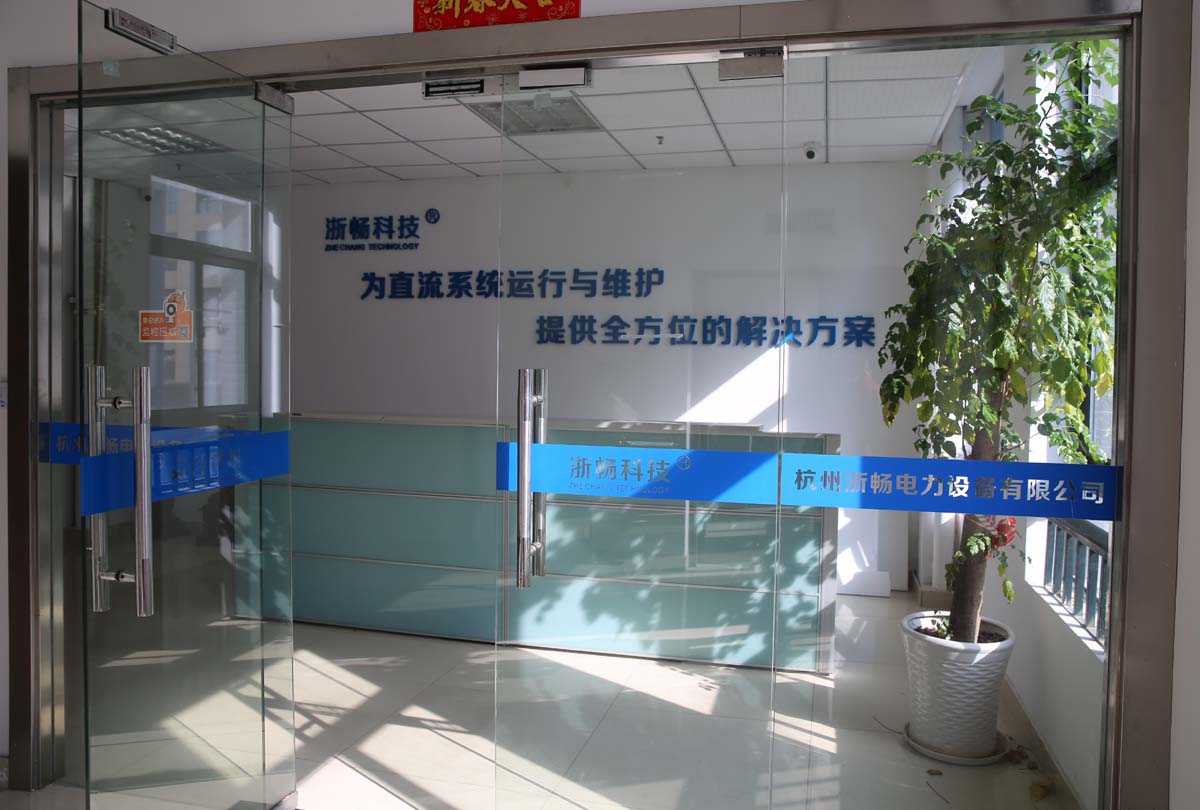
Conclusion
Selecting the right Battery Management System manufacturer is crucial to the success of your battery-powered applications. The ideal manufacturer should provide a combination of advanced technology, customization options, reliability, cost-effectiveness, and excellent customer support. By carefully considering these factors, you can ensure that your BMS not only meets current needs but also scales for future growth and technological advancements.
Whether you’re designing an electric vehicle, building a renewable energy storage solution, or developing consumer electronics, choosing a reputable and innovative BMS manufacturer is key to ensuring your system’s performance, safety, and longevity.
Popular Battery Tester
Popular Battery Tester
Latest News
Latest News
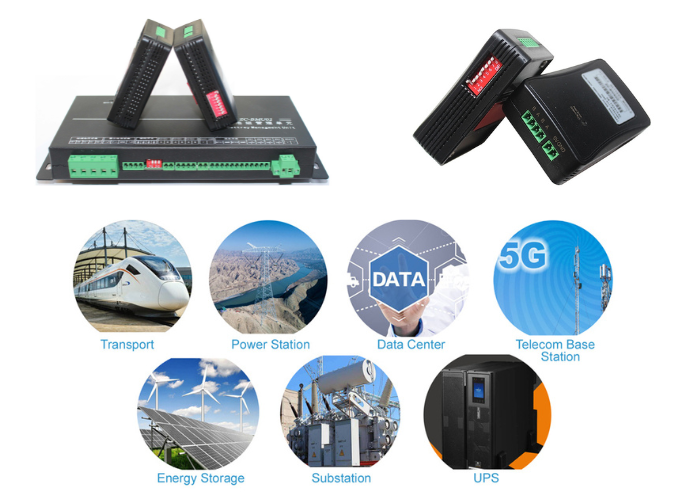

Get Price of Battery Tester
Get Price of Battery Tester
Address:
Floor 3, Building 1, No.1418-60, Moganshan road, Hangzhou city, Zhejiang Province, China.310015




